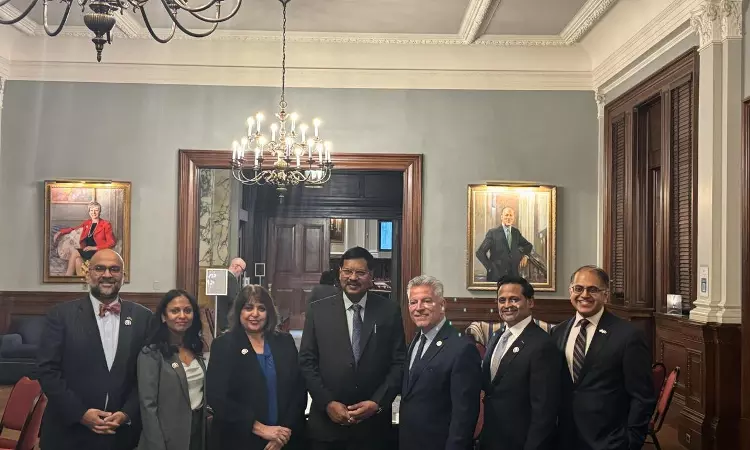Supreme Court Judge, Justice BR Gavai in a recent cross-cultural discussion hosted by the New York City Bar Association, expressed how the prominence of affirmative action in the Indian legal framework contributed to his elevation to the Supreme Court of India. Justice Gavai explained the impact of diversity, equity and inclusion in the Indian diaspora, and illustrated how his elevation...

